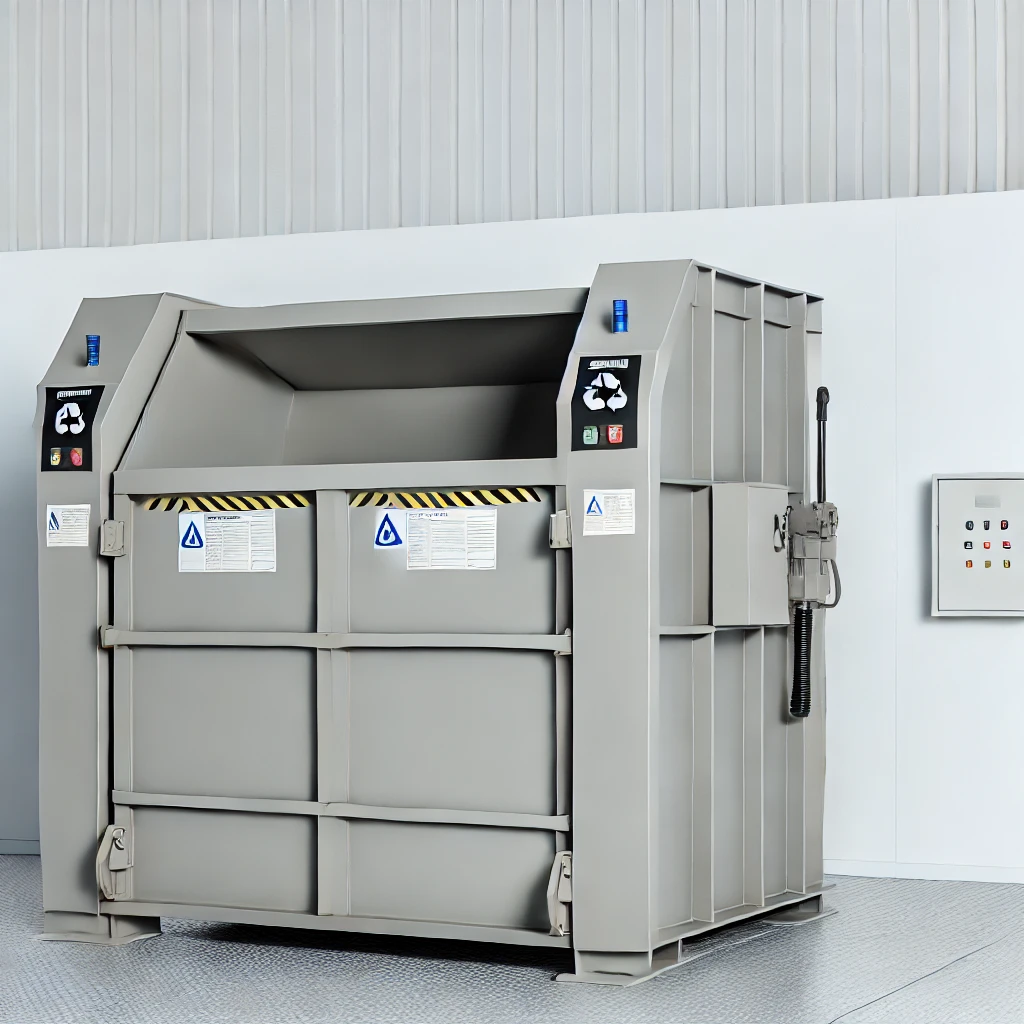
Table of Contents
- Understanding Your Waste Management Needs
- Sign One: Overflowing Waste Bins
- Sign Two: Frequent Waste Pick-Ups
- Sign Three: Limited Space for Waste Storage
- Sign Four: Rising Waste Management Costs
- Sign Five: Environmental Concerns and Regulations
- Evaluating Compactor Rental Options
- Making the Most of Your Waste Compactor
Understanding Your Waste Management Needs
Efficient waste management is an integral aspect of running any business. It affects not only the operational efficiency but also an organization’s revenue and sustainability credentials. Identifying how much waste your business generates is the first step towards a more efficient system. Different industries and businesses can have vastly different waste profiles, from paper and plastics to organic waste and more. Adding to this complexity, seasonal fluctuations can significantly increase waste production, such as during holiday seasons in retail or harvest time in agricultural sectors. Recognizing when these fluctuations occur can guide your waste management strategies and indicate whether a waste compactor rental is a beneficial investment.
Sign One: Overflowing Waste Bins
Overflowing waste bins are not only unsightly, but they can also create severe hygiene and safety issues. Excess garbage can draw bacteria and vermin, endangering the health of both staff and customers. On an environmental level, it increases the likelihood of waste spillage that can lead to local pollution. Investing in a waste compactor alleviates these concerns by compressing waste, making overflow a problem of the past. These units allow businesses to store larger amounts of waste in existing containers, enhancing the site’s appearance and functionality. That translates to a better and healthier working environment for everyone involved.
Sign Two: Frequent Waste Pick-Ups
Regular waste pick-ups help manage waste but can be both costly and disruptive. They often require scheduling and could interfere with business operations if not handled correctly. Seeing the waste increase soon after each collection could indicate that the volume of waste is disproportionate to the collection schedule. By incorporating a compactor, the volume of waste is reduced, allowing businesses to extend the time between pick-ups. This decrease not only reduces direct costs associated with frequent pick-ups but also adds to the convenience, scheduling flexibility, and operational stability. Particularly for businesses in metropolitan or high-traffic areas, this reduction in waste collection trips can also decrease vehicle emissions, aligning further with sustainability efforts.
Sign Three: Limited Space for Waste Storage
In many business environments, floor space is a precious commodity. Whether you’re operating in a bustling city center or a rural location, the principle remains the same – the smarter use of space can directly affect profitability. If your premises struggle with adequate areas for waste storage, a compactor can provide enormous help. Compactors transform waste into tightly packed, easily manageable units, significantly cutting down on the required storage space. This frees up vital room that can be used for other profitable activities, like merchandising or additional inventory space. This capability is especially critical for businesses that face logistical limits, such as small cafes, busy production lines, or urban retailers having tight storerooms.
Sign Four: Rising Waste Management Costs
Monitoring waste management costs can offer insights into the efficiency of your current system. Rising costs are a sure signal of the need for evaluation and potentially revamping your entire waste strategy. Inefficient waste handling means higher transport costs and possible fines for not meeting waste regulations. Compactors offer a practical solution, significantly reducing the volume of waste to be handled and decreasing associated costs over time. Moreover, with the savings accumulated from fewer collections and streamlined operations, organizations can invest in other growth areas. Understanding the real costs of waste disposal can support these budgeting decisions and show the real impact on the bottom line.
Sign Five: Environmental Concerns and Regulations
Today’s businesses must adapt to ever-tightening environmental laws and public expectations surrounding sustainability. With decreasing landfill capacities and increasing ecological awareness, organizations are pushed to adopt greener waste management solutions. Compactors offer a means to comply with contemporary environmental regulations. By ensuring your waste is efficiently managed, you’re reducing your business’s environmental impact and improving your overall waste management footprint. This benefits not only the community but enhances your brand’s reputation as an environmentally responsible business.
Evaluating Compactor Rental Options
When it comes to selecting a compactor rental service, choosing the correct unit can significantly impact your waste management procedures. Research the different types of compactors and rental services to find what aligns best with your business’s specific requirements. Consider the nature of your waste materials, their volume, and the operation environment when making this choice. Make sure to evaluate each option’s pros and cons, considering cost, service terms, maintenance requirements, and flexibility. An informed decision can ensure compatibility with your operations and facilitate a seamless transition to more efficient waste management.
Making the Most of Your Waste Compactor
Once you’ve decided to rent a compactor, it’s essential to maximize its utility through correct usage and maintenance. Training employees on how to operate the compactor safely and effectively increases its lifespan and the return on your investment. Ensuring that all safety guidelines are adhered to prevents workplace accidents and maintains compliance with health and safety regulations. Well-trained staff will ensure your compactor is used optimally, providing the most significant efficiencies and cost savings. By integrating these practices into your routine operations, businesses can optimize their waste management strategy, reduce environmental impact, and maintain alignment with regulatory and corporate sustainability goals.
Overall, recognizing these signals enables businesses to take proactive steps toward a more efficient, cost-effective, and environmentally friendly waste management system. By renting and properly utilizing a waste compactor, organizations can achieve substantial savings, better operational efficiency, and contribute positively to environmental conservation efforts.
